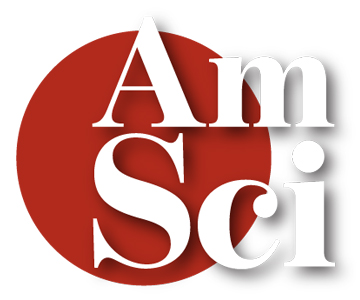
Mason Alexander Porter
Mason A. Porter received his doctorate from Cornell University in 2002. He is currently a lecturer of applied mathematics at Somerville College at the University of Oxford. Address for Porter: OCIAM, Mathematical Institute, 24–29 St. Giles’, Oxford, UK, OX1 3LB UK. Internet: porterm@maths.ox.ac.uk